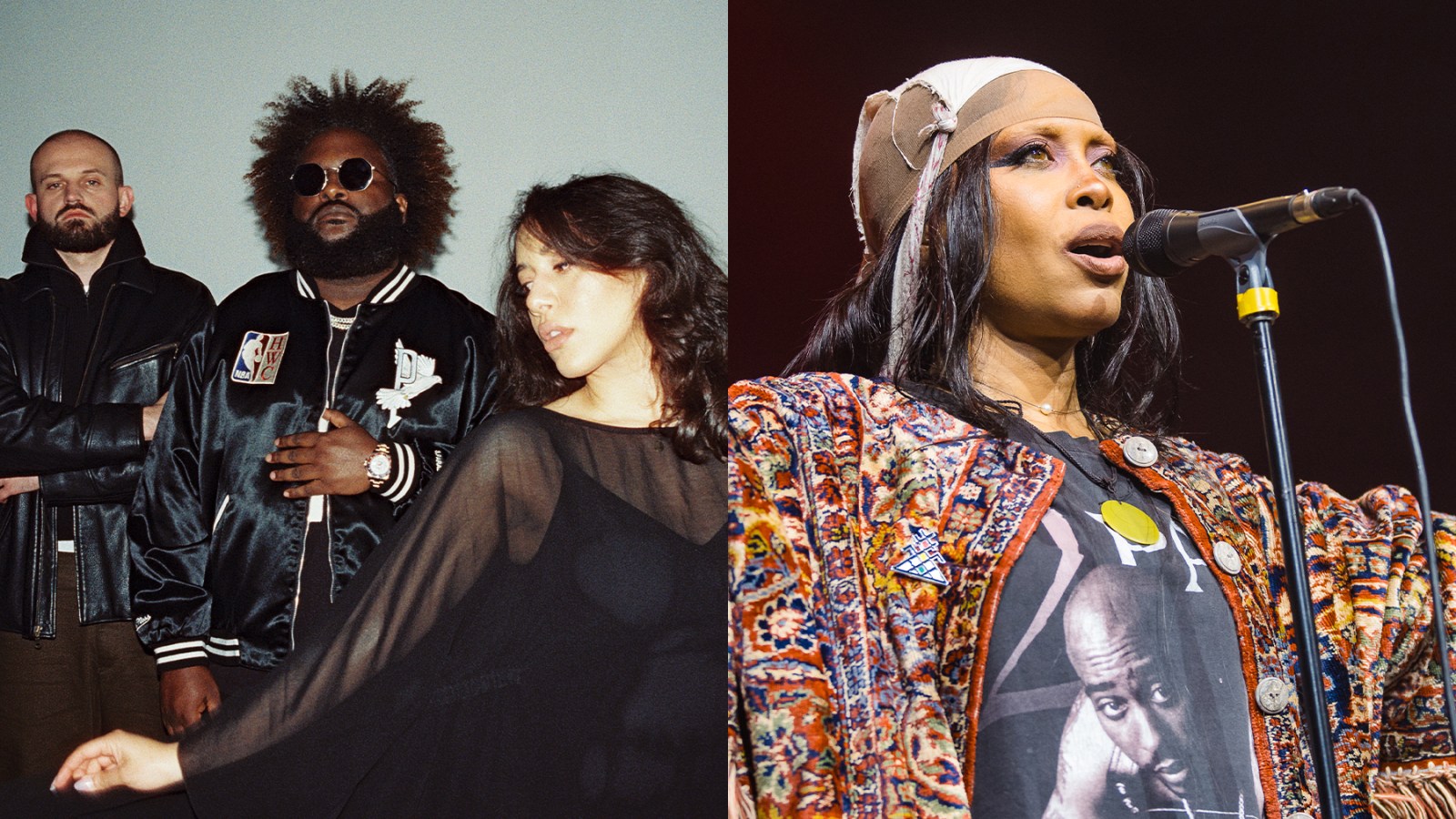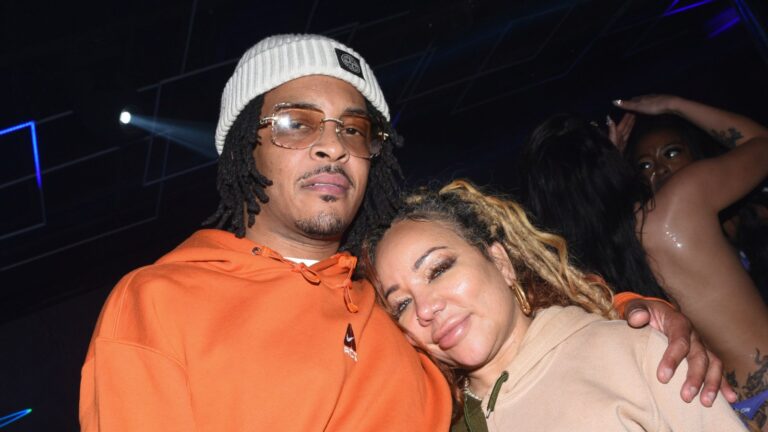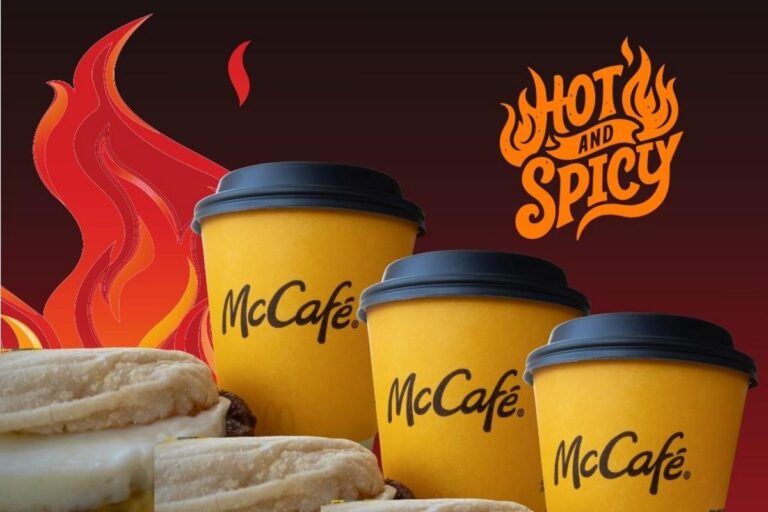As Sudanese-American rapper Bas was prepping the release of Melanchronica, his somber joint album with London duo the Hics, one major hiccup stood in the way. The sample on “Four Walls,” a break-up ballad and the first song the three of them created for the LP eight years ago, kept getting denied.
“That song almost never made it out,” Bas tells Rolling Stone.
The artist who held the keys to clearing the track? Erykah Badu. Bas and the Hics had used “Telephone” from her 2008 album New Amerykah Part One to produce “Four Walls,” though they didn’t know the song’s origins. Badu originally created “Telephone” alongside Questlove and James Poyser, shortly after they got news that their close friend and famed hip-hop producer J Dilla had died after battling a blood disease and lupus. Badu wrote the song from what Dilla’s mom told her about hallucinations he experienced while he was sick. Dilla’s mom said her son would have conversations with the late Ol’ Dirty Bastard, who died years before Dilla, about getting “directions home” from him from another realm.
After learning the song’s poignant history, Bas was ready to give up and put “Four Walls” in the vault forever, thinking that Badu would never clear such a personal song. “I just felt like an asshole,” Bas says. “[Badu’s] song just has the most pure intentions, and I fully understood the reason, because she made the song, you know, basically as a tribute to J Dilla on the night he passed.”
Weeks passed, and then his phone randomly rang.
“I was driving around and I got a call from Ms. Badu,” he says. “I didn’t want to pitch [clearing the sample] in any way, you know, once I found out what it was. I almost felt ashamed. You hate being on the phone with people when everyone knows you want something from them.”
But by the end of the anxiety-inducing call, Badu agreed to let him use “Telephone” and, according to Bas, gave her blessing to the trio with a simple message: “I like you guys.”
A week after playing Melanchronica at Rolling Stone’s New York office, Bas talked more about the Badu FaceTime call, how Grand Theft Auto first connected him with the Hics, and as Dreamville’s first signee, what his his predictions are for the label’s music festival after J.Cole announced 2025’s iteration would be the last.
Have you been listening to Melanchronica now that it’s out, or are you on to the next thing?
Generally, with all of my music, once it’s out, I don’t really listen to it. I will say this album, all the way up until when we released it, it never aged to me, which is something that excited me so much about “Four Walls.” I could still hear that song and feel the same way about it as I did, you know, eight years ago.
You said you’ve been working on Melanchronica since 2017. Were there any delays or things holding it back?
We definitely didn’t plan for it to take this long. Obviously, we all have our own careers, so you’ve got to find the time to really collaborate, lock in and travel to see each other again in person with other musicians and producers. In retrospect, I’m glad it took as long as it did.
We really had the time to hone in and just build the cohesion. We got to trim the fat. When you’re just working and you’re trying to speed something out, you might get caught in that “McDonald’s phase” or you try to make something for everyone. You know, like, “oh, we might need the club song” or “we might need to up-tempo record.” We don’t have that and we did do varying types of songs, but we kind of settled on this iconic melancholy world where all the sonic landscapes and the content stayed on message.
What was the finishing touch before you and the Hics stepped away from it?
I think when we did “Sometimes,” we kind of knew we were done. “Sometimes” is just this epic seven-and-a-half minute outro. We had so many producers and all that, and musicians were up at Harbor Studios in Malibu. Unfortunately, they lost that studio in the fire. It was a really incredible place for creatives here in Los Angeles.
It was just a whole host of very eclectic musicians and producers that contributed to that [song]. That’s why I saw there’s so much instrumentation on there, and it goes on for so long. We’re like, “Man, you know, should this song be three and a half minutes?” This is kind of the era of attention deficit music and ultimately we’re like, “Nah.” That’s what’s so special about this album to us. We just got to faithfully make every wild artistic decision we wanted to.
You and the Hics told me you all connected through Grand Theft Auto radio.
I’m just sitting there, you know, peacefully, mowing over pedestrians. You know, expressing my inner New York driver rage on GTA like everyone else, and I was listening to some very calm music from the Hics. It was a song called “Cold Air” from their first EP, Tangle, and that just kind of led to me searching them out.
Our collaborator was already a fan of theirs, so he had put me on. I was on tour. I was in Europe around 2015 … I just DM’ed them like “Yo, I love your music. I’m in London, would love to link up” and they ended up pulling up to our Airbnb that very same night. We did “Ricochet” that night, which ended up being our first collaboration on How to Riot, my second album. And that just kind of kicked off our chemistry from there.
With that being the origin story, and with another GTA on the way, would you be interested in ever having a song on the game’s radio for Grand Theft Auto VI?
I’m trying so hard. If anyone from Rockstar [Games] reads this, we want parts so bad. That would be a dream come true but really a full circle moment.
Would you pick a song from this album for the game?
It would have to be. It’s serendipitous. We’ve got to keep that going. We gotta keep that energy going. I mean it’s the game that kind of introduced us, you know. So then 10 years later, not just as collaborators, but I consider them very good friends of mine. We’ve been on this creative and life journey together for the past decade. So it would definitely be a full circle moment.
You said that you and the Hics started with “Four Walls,” and it’s considered the focus track. To me, it’s kind of a song about breaking up and being in that head space…
That song almost never made it out. We had a little sample scare with that one.
We’ve got to talk about this “Telephone” sample and the conversation you had with Ms. Badu. Sample clearance is a fairly regular thing. There’s lawyers involved and agencies, and they’re going to hunt down all the information and so on and so forth. We had put in a request through all the formal channels, and we had gotten denied, and I wasn’t sure why, but I always respect that. Any artist that doesn’t want you to sample them, I totally get it. It’s their piece of intellectual property and emotional property.
My manager, Derick, just kind of kept turning all the stones. Because the song, like I said, was the genesis of all of this. So, the thought of not having it on the album was just soul crushing, you know? Lo and behold, he managed to get hold of Ms. Badu’s people… The song “Telephone” was, from what I understand, from the jam session on the night Dilla passed with her and a bunch of artists that were there to memorialize him. So it has very understandable sentimental value to her. It wasn’t about the business of it or anything like that. But she called me randomly. I was driving around. I got a call from Ms. Badu … so I was geeking already.
Did you know it was her when she called you?
My manager said she would call but it had been a little while. She was busy and moving around. So I thought maybe it wasn’t gonna happen. And then randomly one day, I had her number stored, and she popped up on my FaceTime and we spoke for a bit.
We connected. I didn’t want to pitch in any way once I found out what [the situation] was.. It was kind of awkward. Like, “Oh man, it’s my first interaction with one of my favorite artists of all time and you almost feel like a nuisance.”
But she was just so sweet, so warm. She’s like, “I listened to the song” and she was like, “ Yeah, you know, I’m gonna clear it… I like you guys. I like the whole Dreamville, I like everything you guys are doing.”
It’s really refreshing when you have those moments with your idols, and they’re just so down to earth, so warm, so nurturing. And, you know we all grew up on Dilla as well, so it’s just like the whole magnitude of it.
What memories do you have of listening to Dilla?
My brother DJ mOma, he’s probably my foremost musical influence. Since we were young he was always collecting vinyls. He put me on to Erykah Badu as well, put me on to the Roots, D’Angelo, Lauryn [Hill] that whole neo-soul era.
He was actually gifted one of Dilla’s keyboards by his family and we just put it up in this museum in Detroit.
What about Erykah Badu? Do you have a memory of the first song of hers you were put on to?
There’s a lot, but I definitely remember the video that she had with the Roots, [“You Got Me,”] I was so blown away by that video. And then obviously, just a whole host of records from “On and On.” Every one of her albums is classic to me.
I saw Badu and J. Cole perform at the fifth and “final” Dreamville Festival. What can you tell me about the future of that music festival?
You know, I wish I knew a little more. I would say it’s probably above my pay grade. I just show up where they tell me to show up and get on stage at the right time. It’s a beautiful thing with what Dreamville and J. Cole have poured into Raleigh, N.C. I know the city loves it. It’s great economically and culturally. I think it’s definitely going to keep going, I’d just like to see how it expands from this point.
Maybe you get some different artists involved, some different genres. Maybe we need to make it less like Dreamville-dependent. So I think it’s just time to maybe just expand out of the parameters of the first five years.



